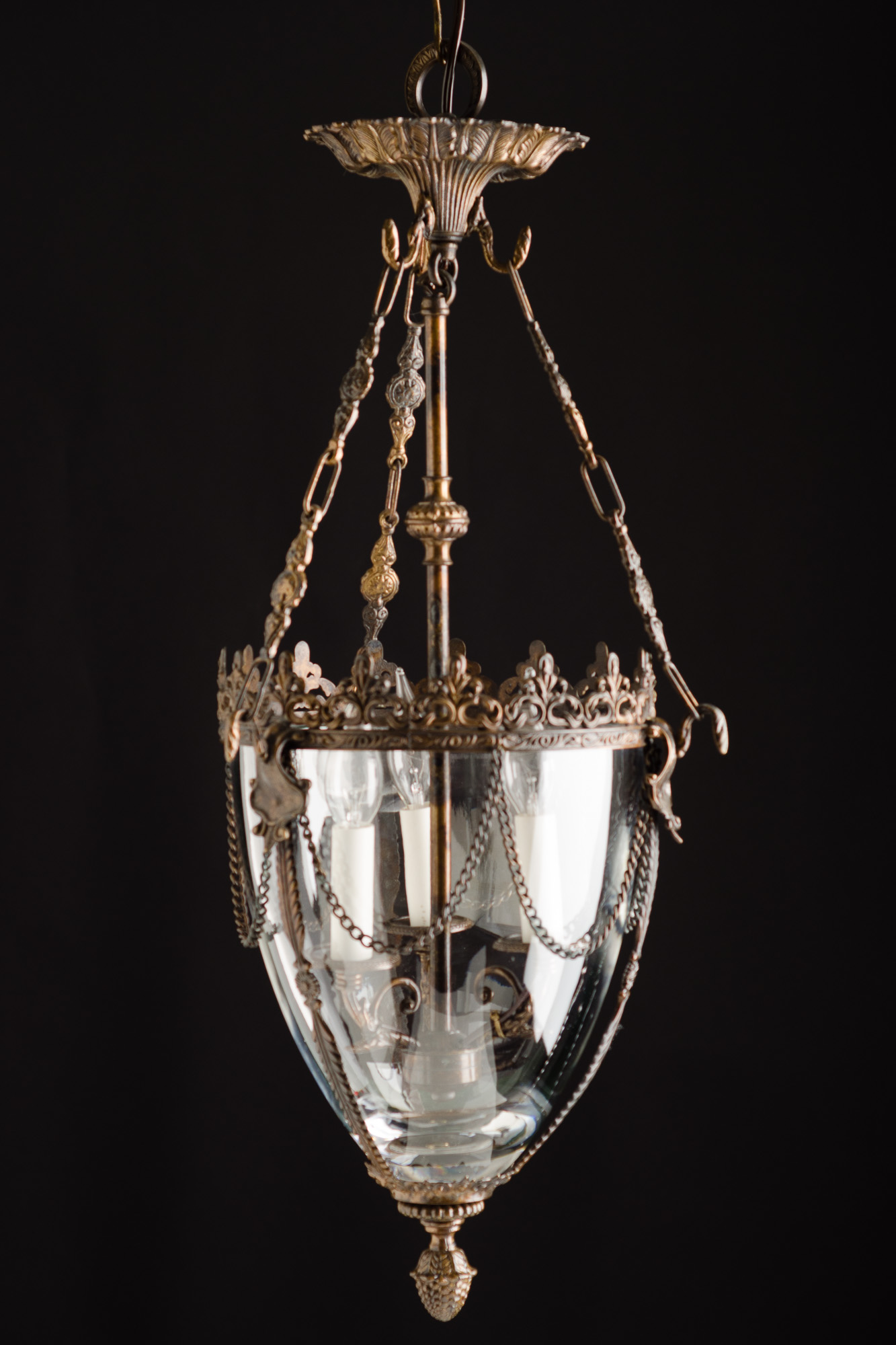
The Bell Jar was written at an important part of Plath’s life in the late 1950s. The 1950s era led to the confinement and depression of Sylvia Plath as a result, Plath used The Bell Jar as an outlet to relieve her depression, to write her autobiography, and to further reject the norms of society. As you read the novel, you can witness Esther’s struggles with her voice and identity. This confinement leads to her breakdown because she was unable to positively express herself mentally, sexually, or physically. In The Bell Jar, Esther Greenwood’s voice is stifled by society because she was a woman aspiring to become a writer, an uncommon feat. So, Plath used The Bell Jar as a forewarning to the young women of America and England to move past the controlling patriarchy of society, or they would risk their mental health by repressing their desires and dreams. Plath and Esther both did not want that life.

Their options in life were limited to either becoming a “happy housewife” or a secretary. In The Bell Jar, the women Esther encounters are viewed as objects on a display shelf. Feminist criticism’s purpose is “to challenge and critique this patriarchal vision established in both culture and literature, denouncing and rejecting all phallocentric assumptions” (Bressler, 168). However, The Bell Jar is a reflection of gender roles in the 1950s therefore, it is appropriate to conduct a feminist reading of this novel. The novel was republished in Plath’s name in England in 1966, and published in America in 1971.

Using a pseudonym also helped hide the parallels between Plath and Esther Greenwood’s lives.

Plath was concerned that the novel, which could be read as autobiographical, could anger family and friends, since some characters were based-very loosely-on living people, Plath had decided to play it safe and release the novel under a pseudonym (Alexander, 268). Also, her novel depicts the lives of people in her life: Her poetry was not selling well, and she was afraid her novel would meet the same unlucky literary fate. Plath first published The Bell Jar in England, under the pseudonym, Victoria Lucas, in 1963. She left behind two children, a divorced husband, countless poems, and one novel: The Bell Jar. On the morning of February 11, 1963, Sylvia Plath committed suicide in her flat in London, England.


 0 kommentar(er)
0 kommentar(er)
